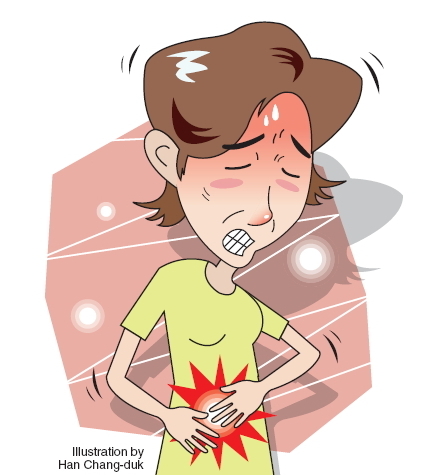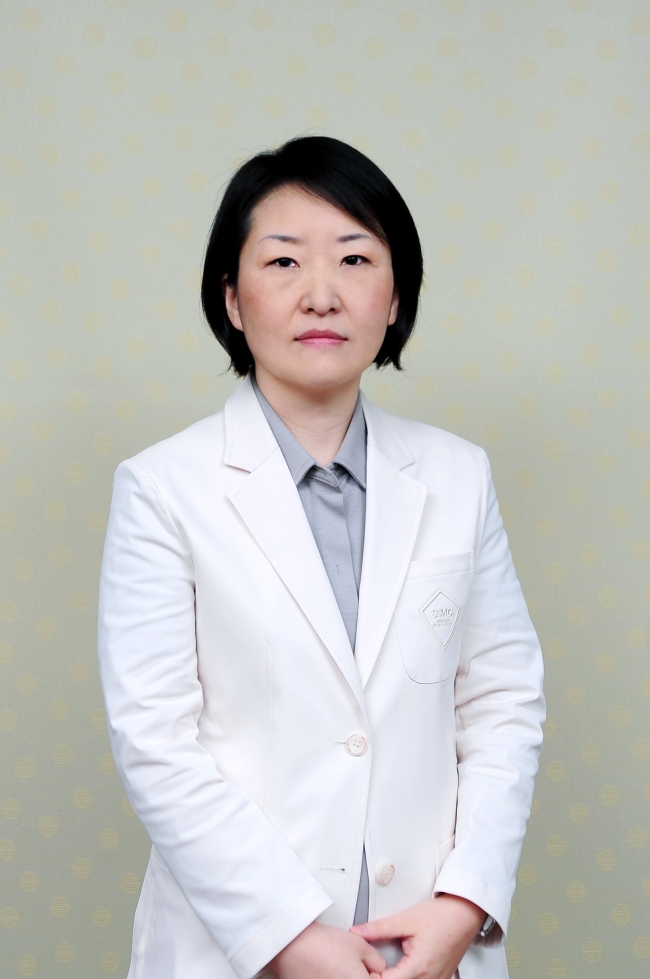
The peritoneum is a membrane that covers various organs in the abdomen. Peritonitis is an inflammation of this structure.
Peritonitis can be divided into acute and chronic types depending on the progress, or as infective and non-infective depending on the cause.
Acute peritonitis is associated with abdominal pain, whereas in chronic peritonitis the pain may actually decrease in severity. Other symptoms such as abdominal distention and nausea can also develop.
Causes of acute peritonitis include perforation of the stomach or bowels, or ectopic pregnancy. Chronic peritonitis can develop from tuberculosis or cancer. Other causes include pneumococcal peritonitis from pneumonia, endometritis or inflammation of the female reproductive organs.
External trauma during surgery leading to bleeding within the peritoneal cavity or leakage of bile, pancreatic juices or urine into the peritoneal cavity can also cause peritonitis.
The common cause of peritonitis is perforation of the stomach or the bowels leading to acute peritonitis.
Untreated appendicitis can lead to perforation of the appendix, which leads to bacteria spreading into the peritoneum and the onset of peritonitis. This is associated with excruciating pain and is a dangerous condition which requires immediate medical attention.
Peritonitis is commonly associated with abdominal pain, and can be treated following diagnostic tests including blood tests, abdominal x-rays, ultrasound and CT scans to differentiate between infective and non-infective peritonitis.
Peritonitis can be treated either through surgery or medicine. One option is to start antibiotics to treat the inflammation. Peritonitis due to perforation of the organs needs to be treated by surgically repairing the perforation and then treating the inflammation of the peritoneum.

By Song Keun-jeong
The author is a doctor in the Department of Emergency Medicine at Samsung Medical Center and a professor at Sungkyunkwan University School of Medicine. ― Ed.
The author is a doctor in the Department of Emergency Medicine at Samsung Medical Center and a professor at Sungkyunkwan University School of Medicine. ― Ed.








![[KH Explains] How should Korea adjust its trade defenses against Chinese EVs?](http://res.heraldm.com/phpwas/restmb_idxmake.php?idx=644&simg=/content/image/2024/04/15/20240415050562_0.jpg&u=20240415144419)










![[Today’s K-pop] Stray Kids to return soon: report](http://res.heraldm.com/phpwas/restmb_idxmake.php?idx=642&simg=/content/image/2024/04/16/20240416050713_0.jpg&u=)